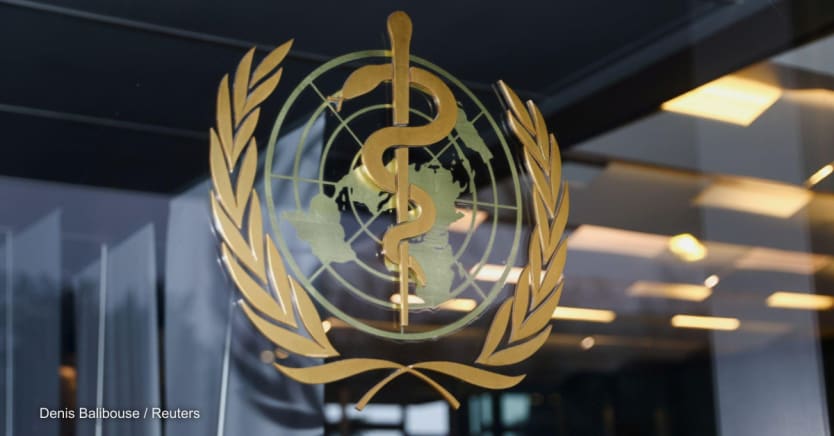
Majority of the European member states of the World Health Organization voted on Tuesday to adopt a resolution condemning “Russia’s military aggression against Ukraine” and calling on WHO to explore the possible relocation of its regional Office for the Prevention and Control of Noncommunicable Diseases outside Russia.
The must-read weekly newsletter for exclusive global health news and insider insights.
A total of 43 out of 50 member states with the right to vote agreed to adopt the resolution. It included a call to WHO Regional Director for Europe Dr. Hans Kluge to consider the temporary suspension of all regional meetings in Russia, including technical meetings, conferences, and seminars, “until peaceful resolution of the conflict between the Russian Federation and Ukraine is implemented and the Russian Federation withdraws its military forces from the territory of Ukraine within its internationally recognized borders.”
It also called on Kluge to transmit the resolution to the WHO director-general, and for it to be brought to the attention of the 75th World Health Assembly, which will hold its meetings from May 22 to 28.
“The secretariat will continue to do everything we can to protect … health in Ukraine. But there is one medicine that WHO cannot deliver … and that is peace.”
— Dr. Tedros Adhanom Ghebreyesus, director-general, World Health OrganizationThe resolution was adopted during a special session of WHO Regional Committee for Europe, which was requested by 43 WHO member states in a letter dated April 28. The letter raised concerns on the health consequences within the European region caused by Russia’s aggression in Ukraine, which member states described as an “unprovoked and unjustified invasion.”
Currently, WHO has verified over 200 attacks against health care in Ukraine, with 75 deaths and 54 injuries, since the war started in February. WHO Director-General Dr. Tedros Adhanom Ghebreyesus, who recently visited Kyiv and met with Ukrainian officials, including Prime Minister Denys Shmyhal, urged Russia to end the war.
“The secretariat will continue to do everything we can to protect and promote health in Ukraine. But there is one medicine that WHO cannot deliver, and which Ukraine needs more than any other, and that is peace. And so we continue to call on the Russian Federation to stop this war,” he said in his remarks during the special session.
Attacks on health care in Ukraine ‘increasing quite rapidly,’ says WHO
The World Health Organization defines attacks on health as any instances of physical or verbal violence, and obstruction that interferes with the provision of health services. In Ukraine, the agency has so far confirmed 16 attacks since the war started.
Member states supporting the resolution called Russia’s aggression in Ukraine a flagrant violation of international humanitarian law. But others, such as Belarus, were against the resolution, saying it doesn’t contribute anything to the situation in Ukraine. Belarus, Russia, and Tajikistan voted against the resolution, while Armenia and Kazakhstan abstained from voting.
Russia spoke strongly against the resolution, calling it a “hasty” decision, and asked the WHO Secretariat to explain the legitimacy of the resolution. But the chair of the committee, Päivi Sillanaukee, ambassador for health and well-being at the Ministry for Foreign Affairs of Finland, said there’s nothing for the secretariat to explain as it’s a member state-driven discussion.
Kluge said he is again visiting Ukraine for the third time on Saturday to further discuss how WHO can scale up its response there. And in his closing remarks, said that “while we discuss and debate, the real lives of real people are on the line — millions of children, women and men — and we should never lose sight of that.”

